The event was hosted by Jonathan Grado, the policy director of the Korean Society, who emphasized the challenges faced by the US-ROK alliance, especially North Korea's frequent and intense ballistic missile launch activities in violation of multiple United Nations Security Council resolutions. Grado pointed out that North Korea's actions not only challenge the authority of international law but also directly threaten regional and global security.
At the discussion, Dr. Bonnie Jenkins, Deputy Secretary of State for National Security of the US government, and Major Jessica Taylor of the US Air Force Reserve shared their insights into the current situation and the response strategies of the US-ROK alliance.
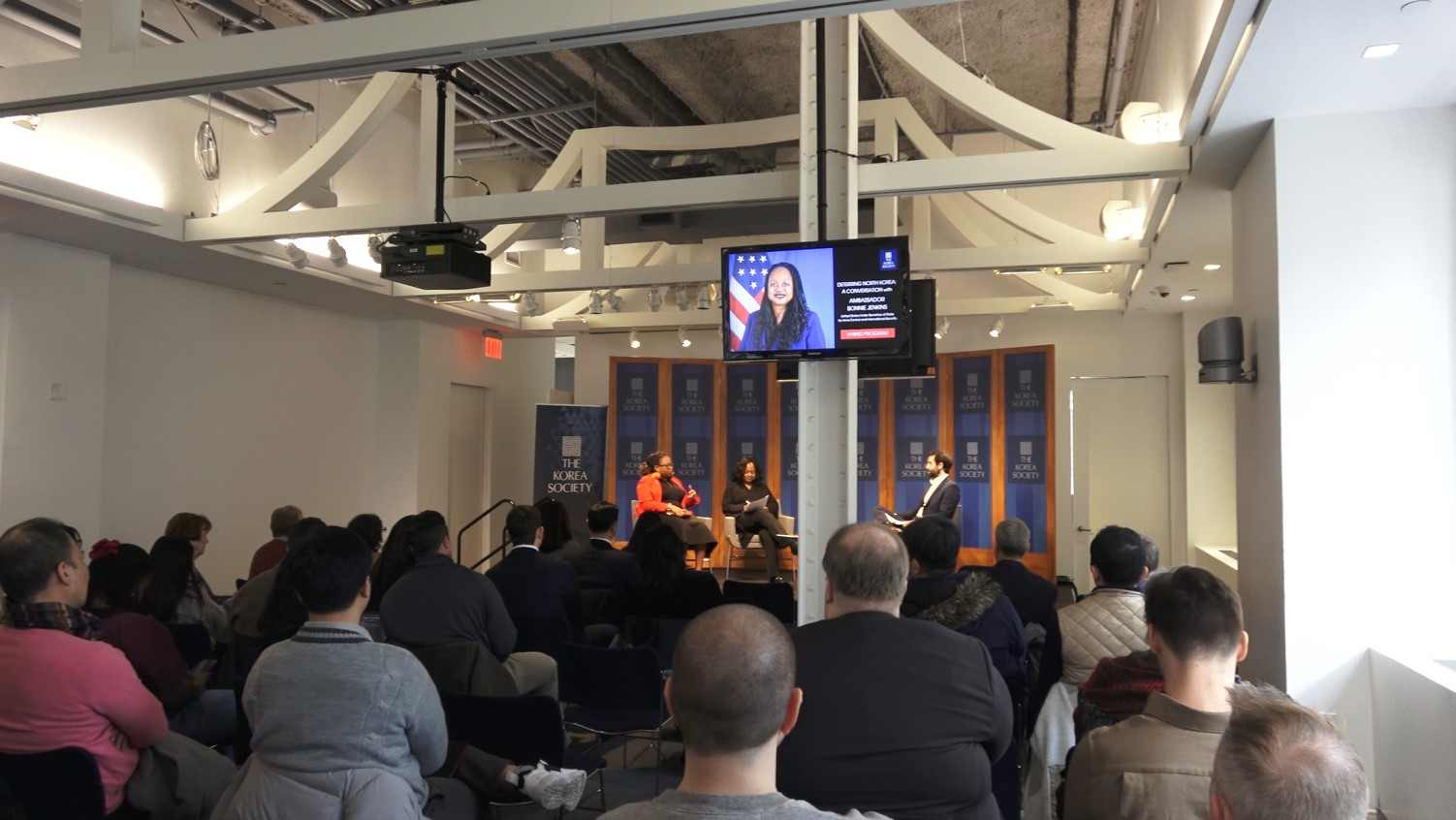
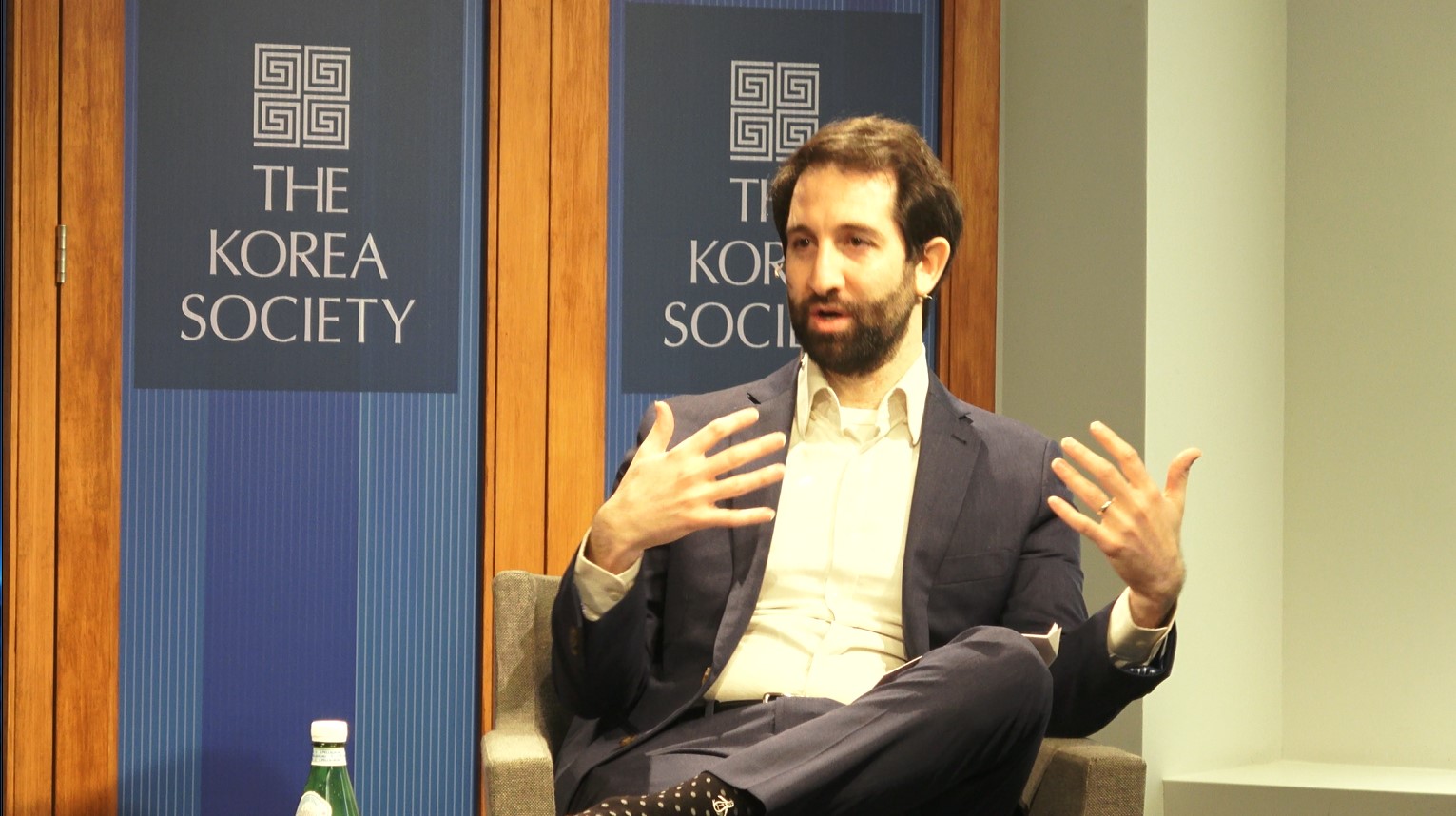
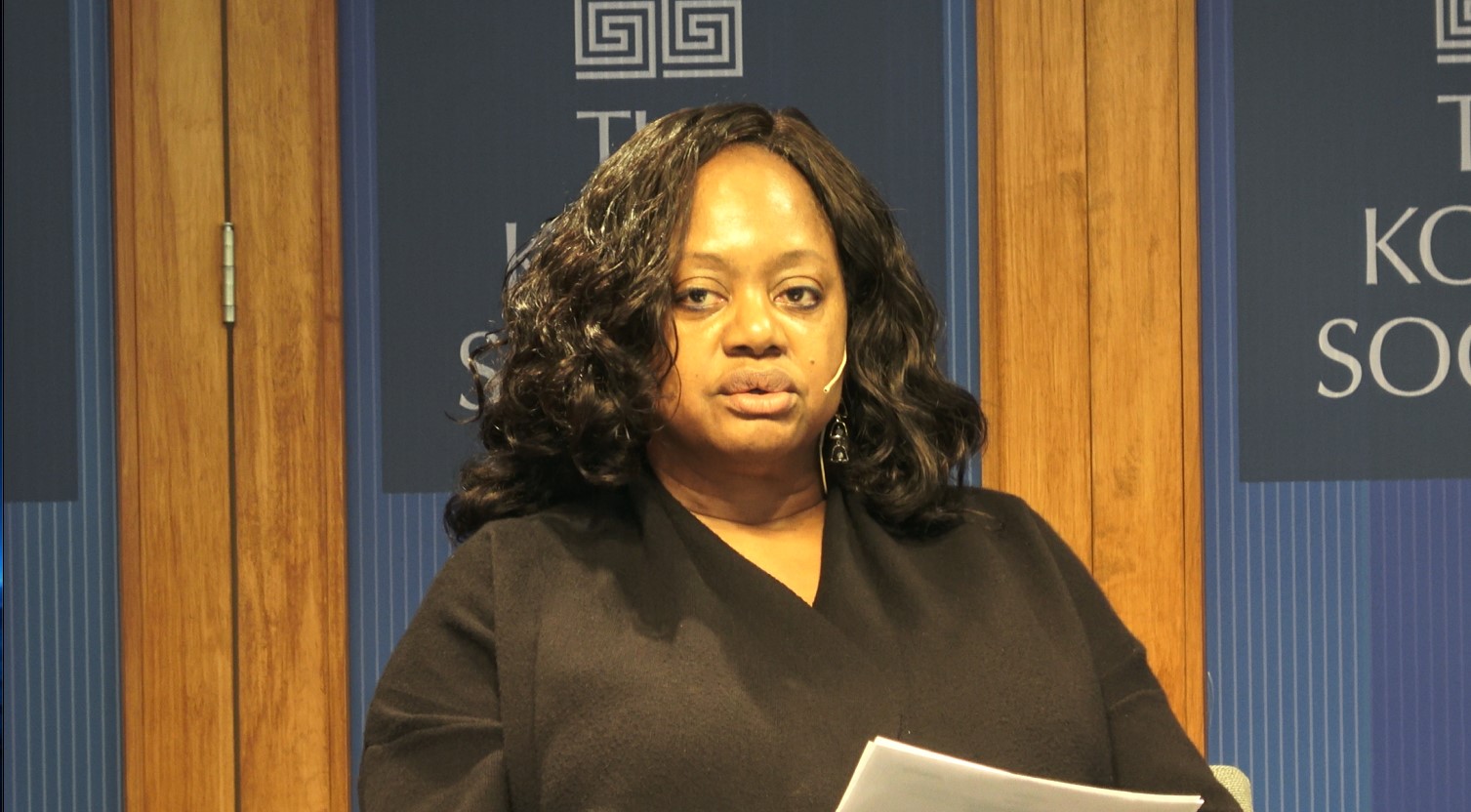
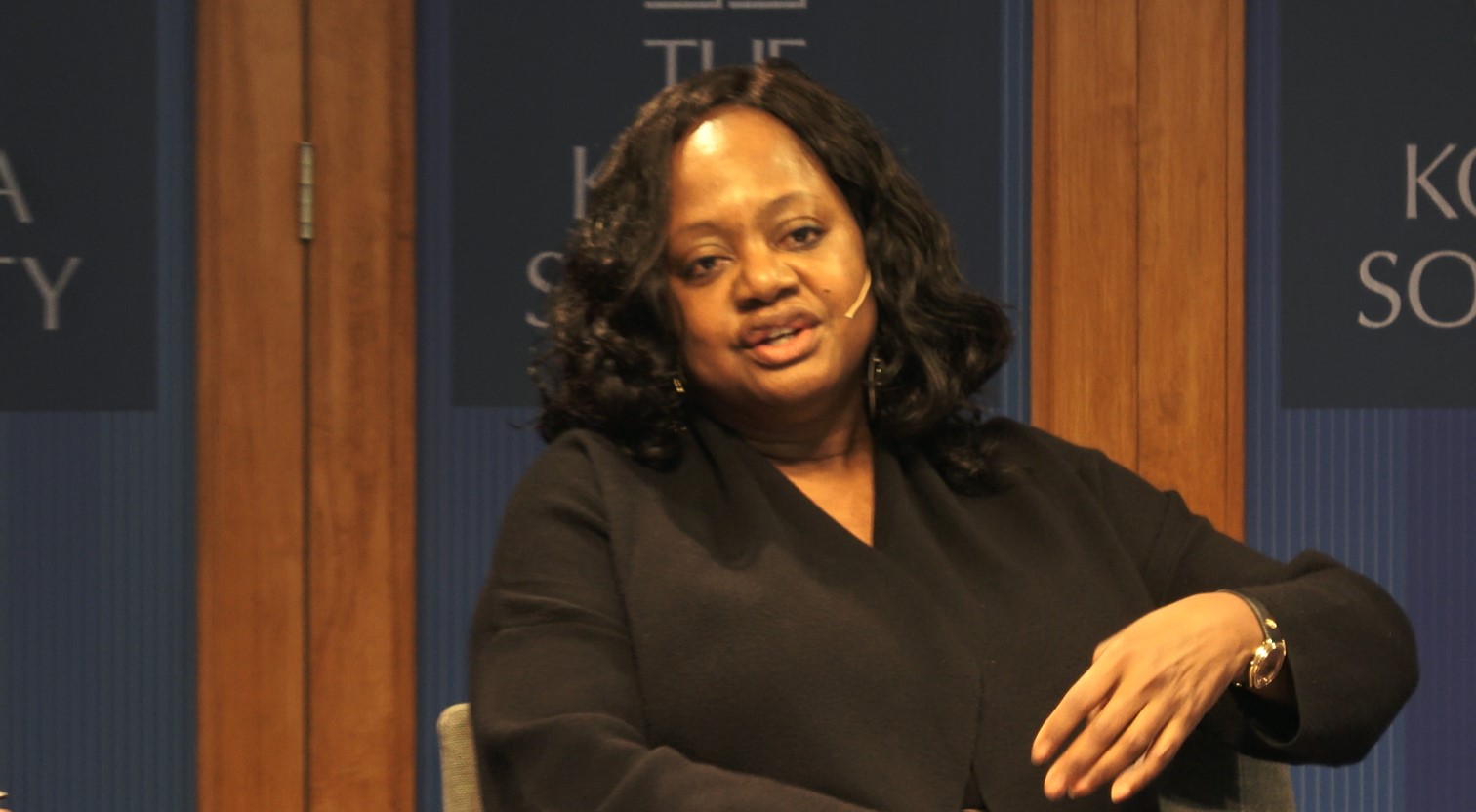 Bonnie Jenkins, United States Under Secretary of State for Arms Control and International Security
Bonnie Jenkins, United States Under Secretary of State for Arms Control and International Security
Dr. Jenkins, United States Under Secretary of State for Arms Control and International Security brought her profound insights into preventing North Korea's nuclear threats. She mentioned that the US-ROK alliance has taken a series of important measures over the past year to strengthen defensive capabilities and deterrence, including increasing military exercises, enhancing the visibility of deployments in Korea, and establishing a new nuclear consultation mechanism through the Washington Declaration.
Dr. Bonnie Jenkins said, "Thank you for your participation today, especially the Korean Society for providing this platform for us to discuss the key role of the US-ROK alliance in the current international security environment. This year, we mark the 70th anniversary of the establishment of the US-ROK alliance. At this historical moment, we look back on the achievements of the alliance, while also facing new challenges, especially the nuclear missile and space capability threats from North Korea.
Over the past year, we have witnessed North Korea violating United Nations Security Council resolutions with unprecedented frequency and scale, conducting ballistic missile launches, and demonstrating its rapidly advancing military capabilities. At the beginning of 2024, North Korea not only conducted intercontinental ballistic missile tests but also multiple cruise missile tests. These actions are not only a challenge to international peace and security but also directly threaten the security of the US-ROK alliance.
In response to this situation, the US-ROK alliance has taken a series of actions to strengthen our defensive capabilities and deterrence. Last year, the Presidents of the United States and South Korea jointly announced the Washington Declaration, which not only increased the frequency of our military exercises but also enhanced the visibility of our military deployments in South Korea. These steps not only demonstrate our determination to confront the challenges from North Korea but also strengthen our deterrence.
More importantly, through the new nuclear consultation mechanism, we have improved the quality and efficiency of strategic communication. This includes updates to security and information sharing agreements, as well as strategic communication in crises and emergencies. Through these efforts, we hope to not only strengthen cooperation between the US and South Korea but also deepen cooperation with other allies and partners in the region.
In terms of extended deterrence, we will respond swiftly, overwhelmingly, and decisively to any nuclear attack by North Korea. The United States' commitment to South Korea's security is unshakeable. We are also working to promote diplomacy and dialogue as the only path to achieving denuclearization and lasting peace on the Korean Peninsula.
Finally, I want to emphasize that although we face many challenges, the US-ROK alliance has been tested many times in history and has become stronger each time. Our confidence in this alliance is firm, and we will continue to work together in the future to protect our countries and people from threats."
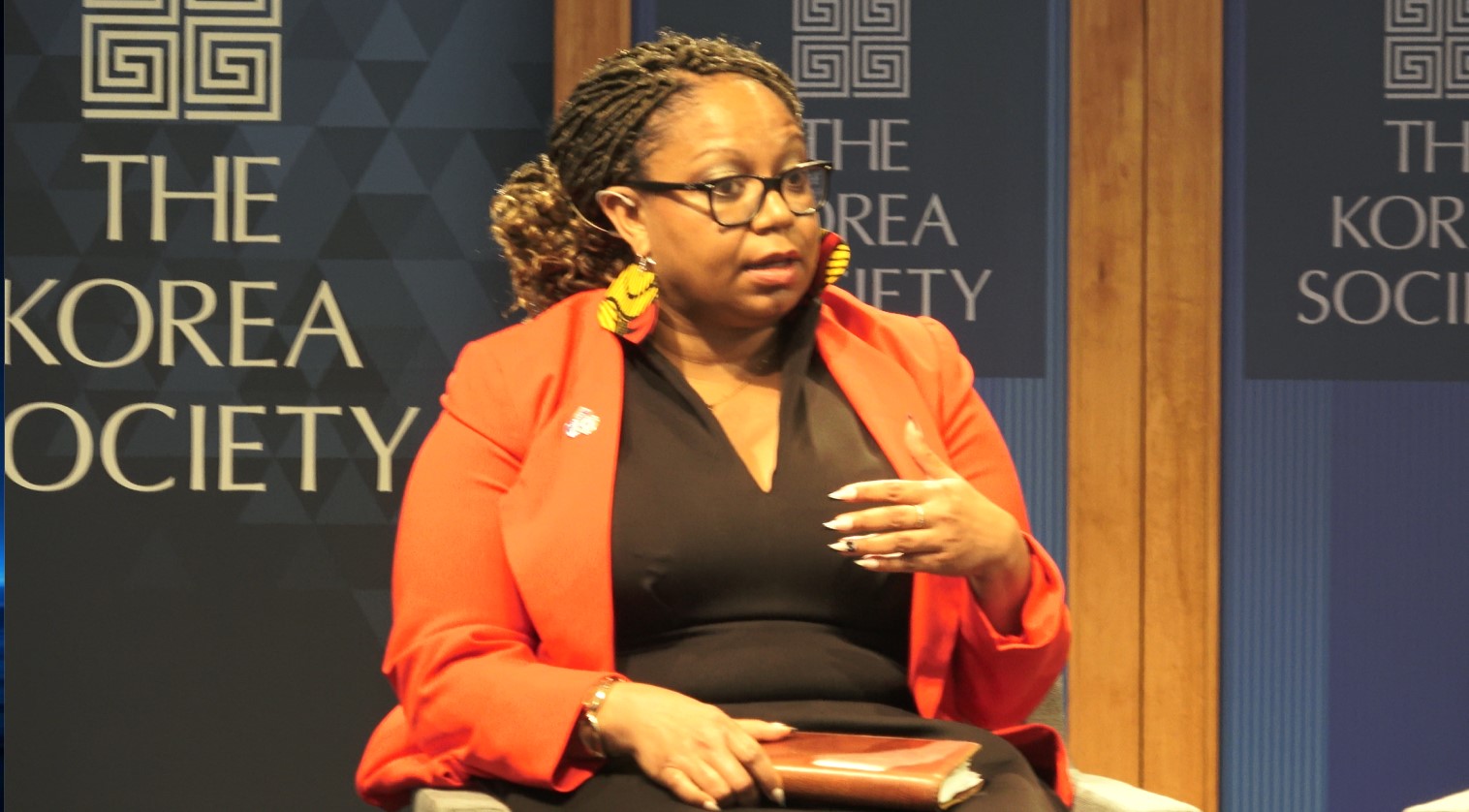
Major Taylor discussed the importance of trilateral cooperation from a strategic and security perspective, especially in strengthening defense cooperation among the US, South Korea, and Japan. She highlighted North Korea's continuously improving military capabilities, including the development of its solid-fuel intercontinental ballistic missiles, which require the alliance to take more resolute and innovative countermeasures.
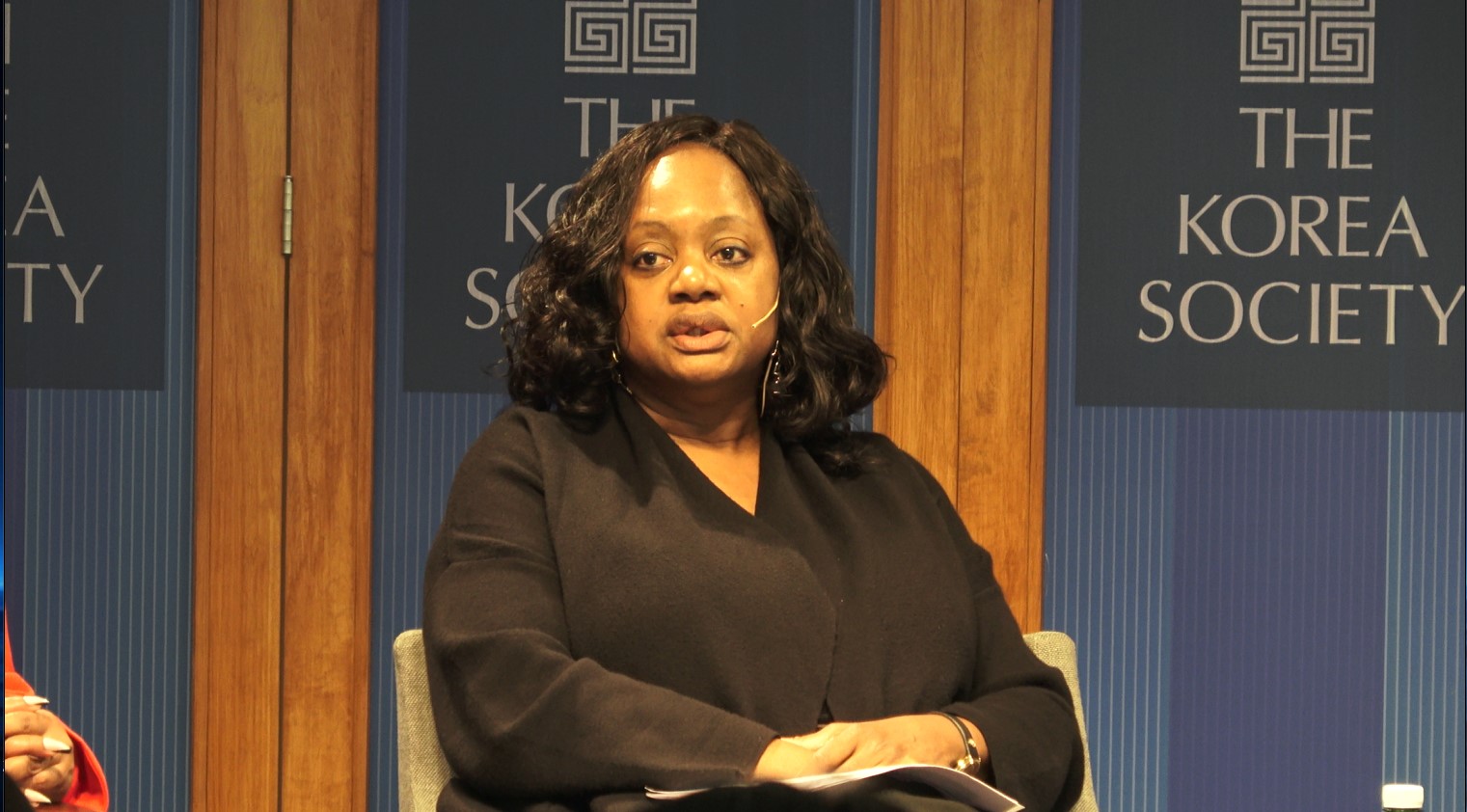
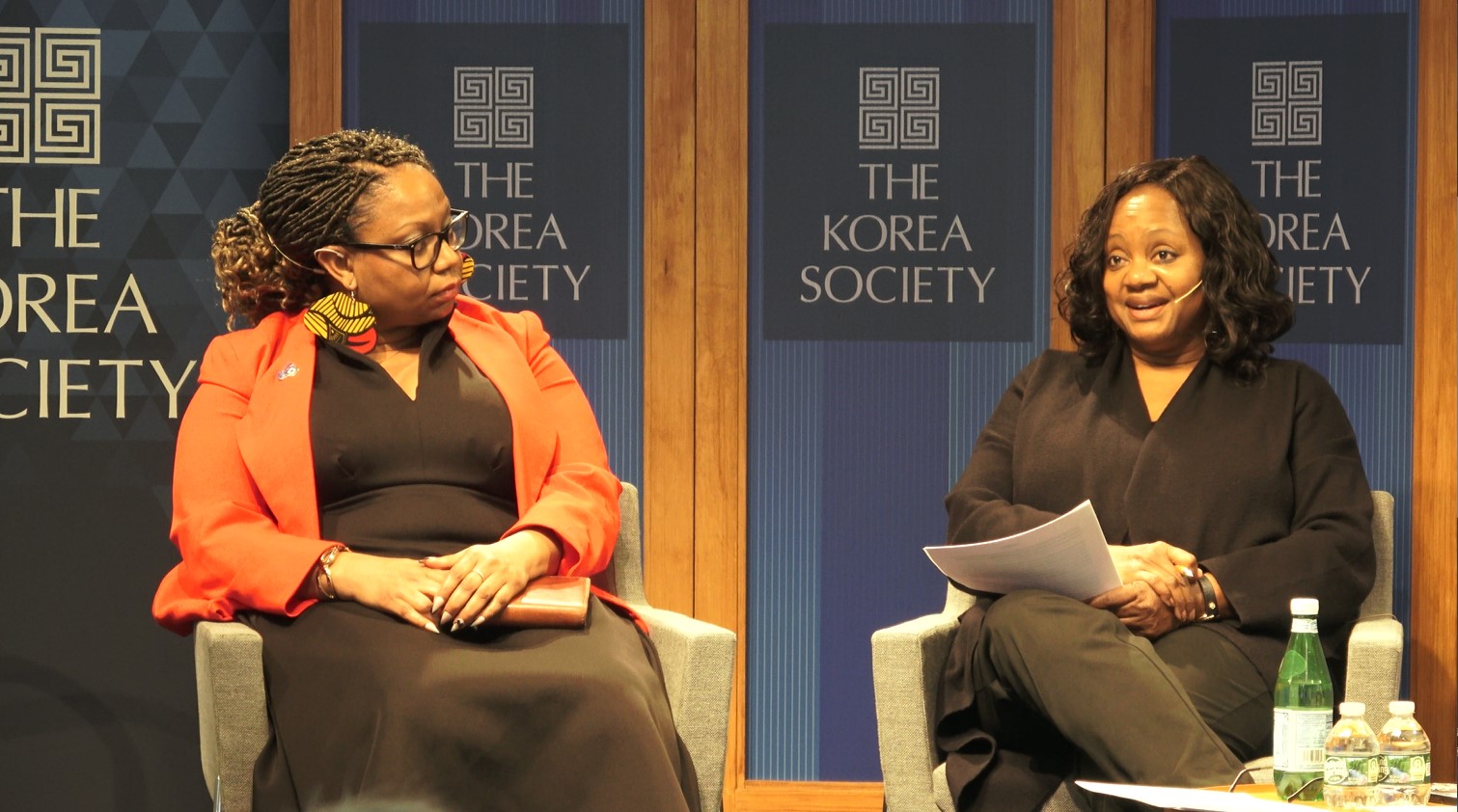
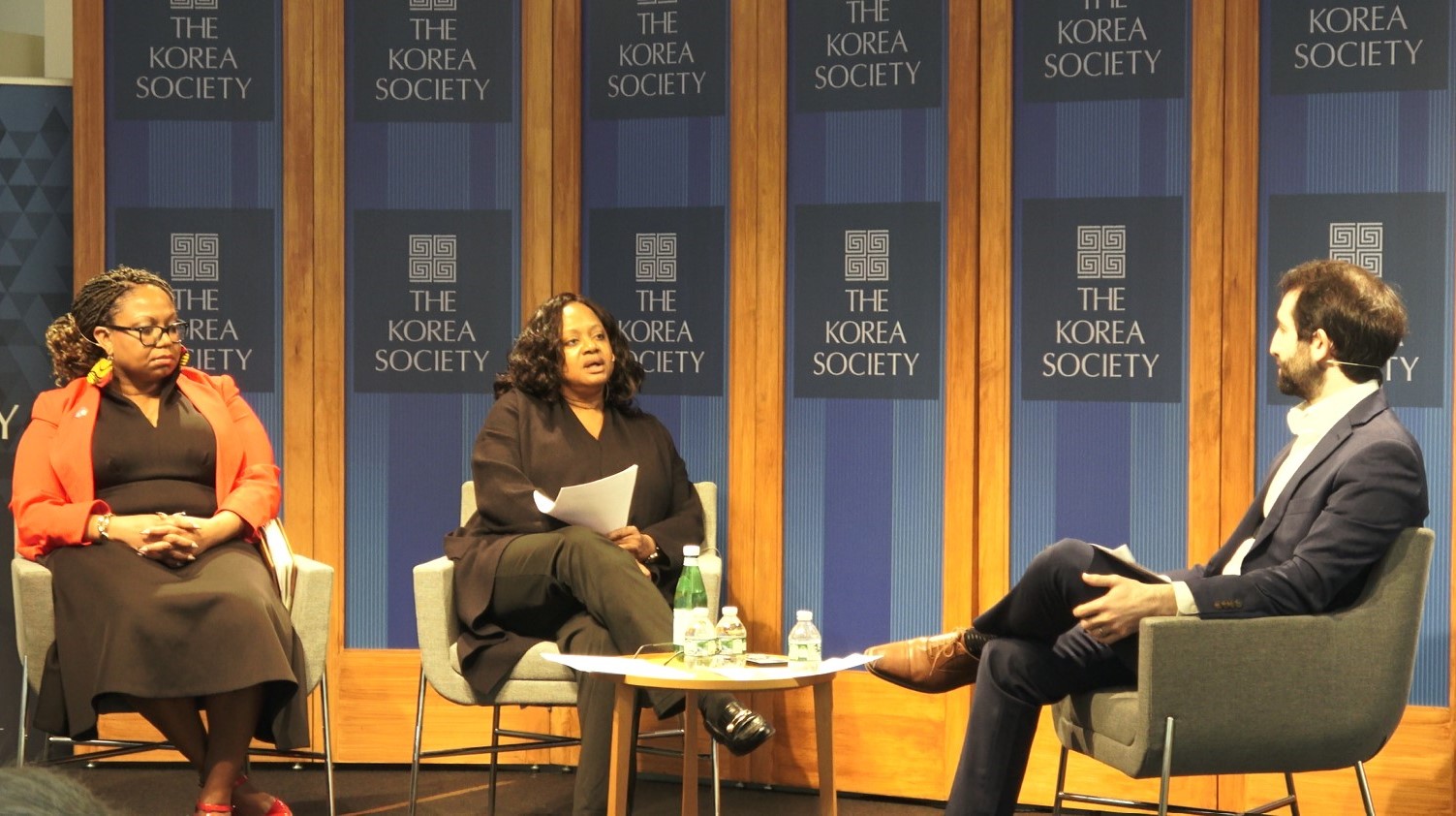
Furthermore, the discussion also touched on the South Korean public's confidence in the US commitment. Recent surveys show that South Koreans have doubts about whether the US would provide protection in the event of North Korea using nuclear weapons against South Korea. In response to this situation, Dr. Jenkins and Major Taylor both emphasized the unwavering commitment of the US-ROK alliance and the enhancement of trust and cooperation among allies through various mechanisms, including the NCG and extended deterrence dialogue.
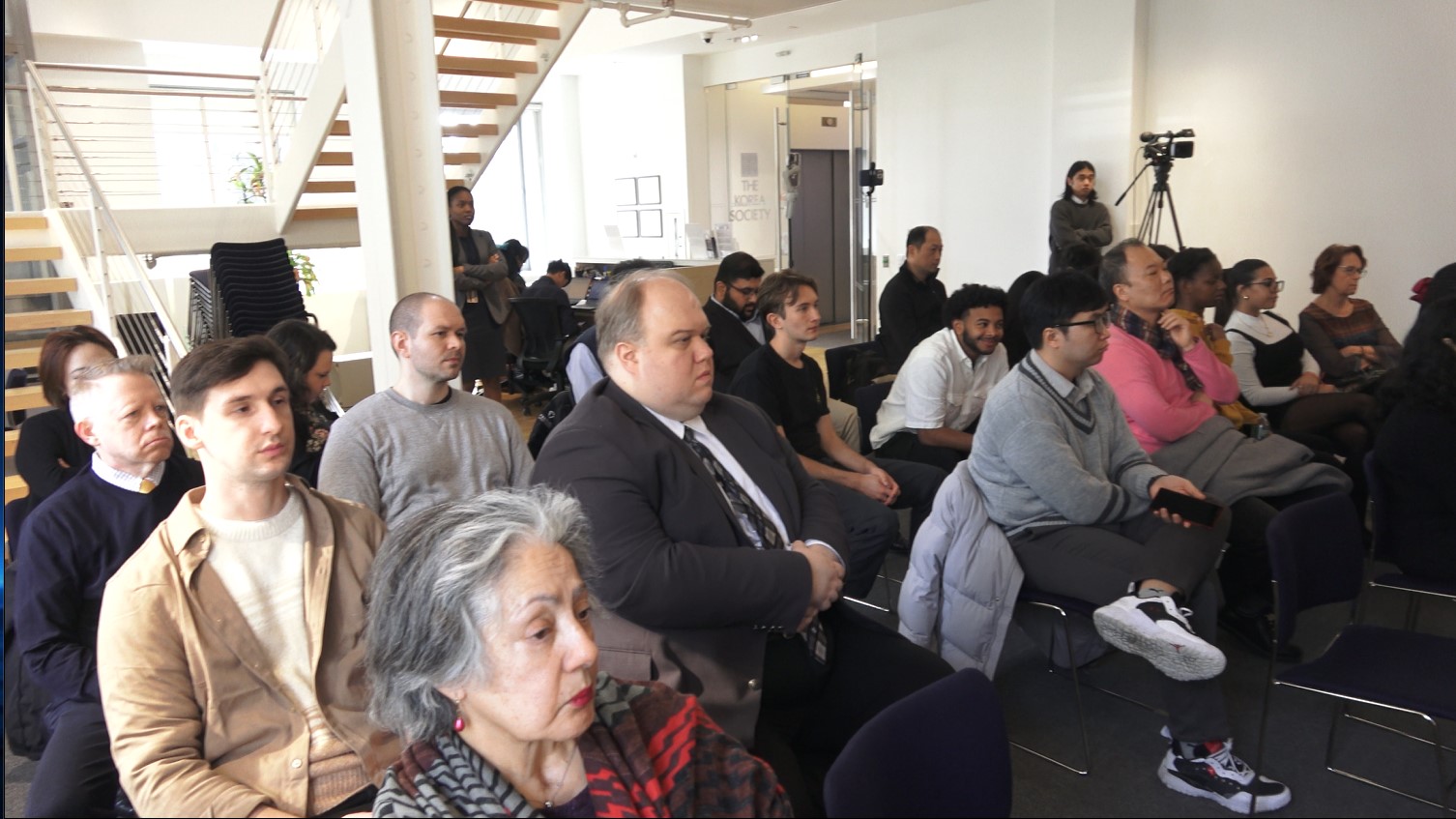
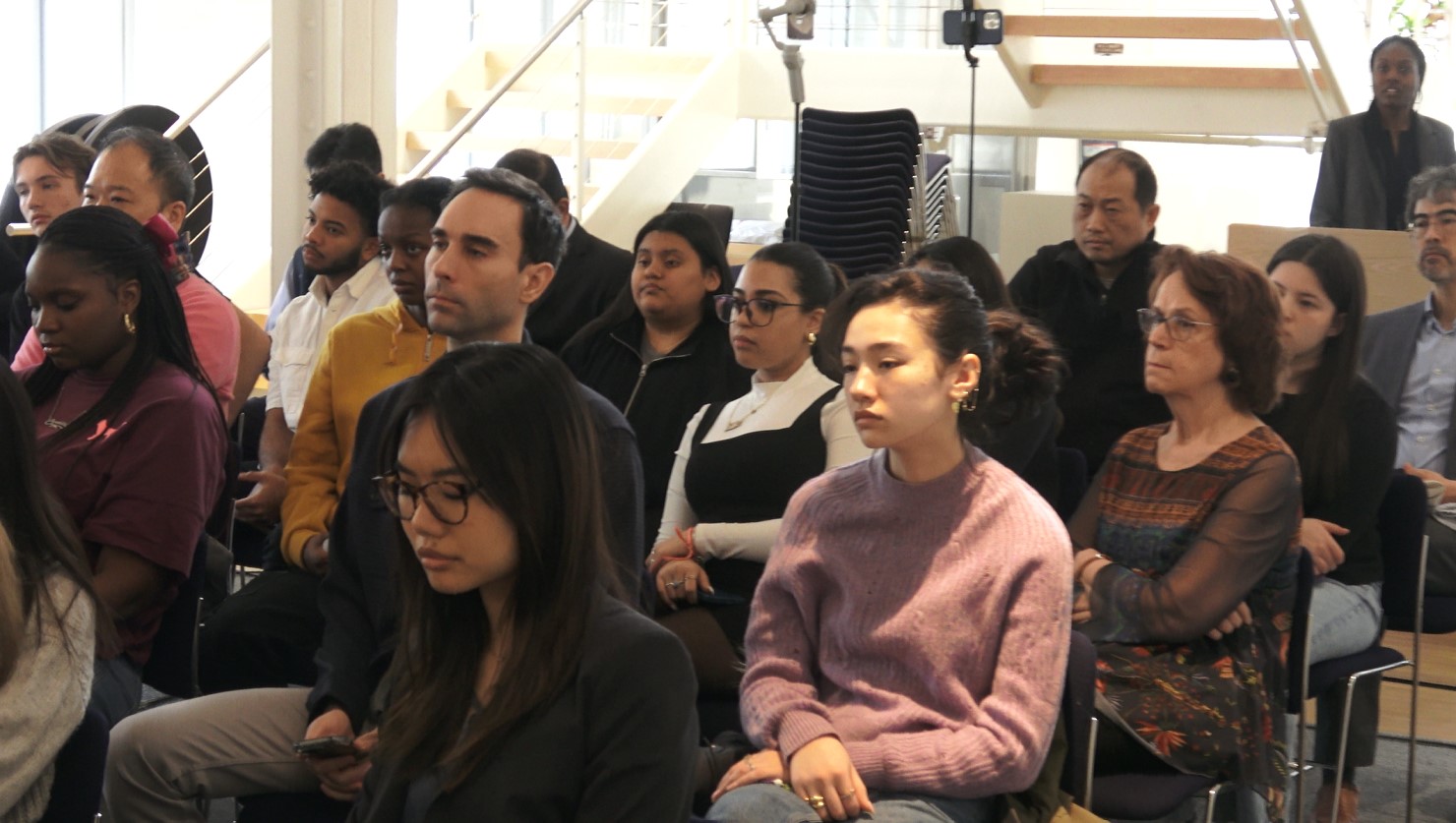
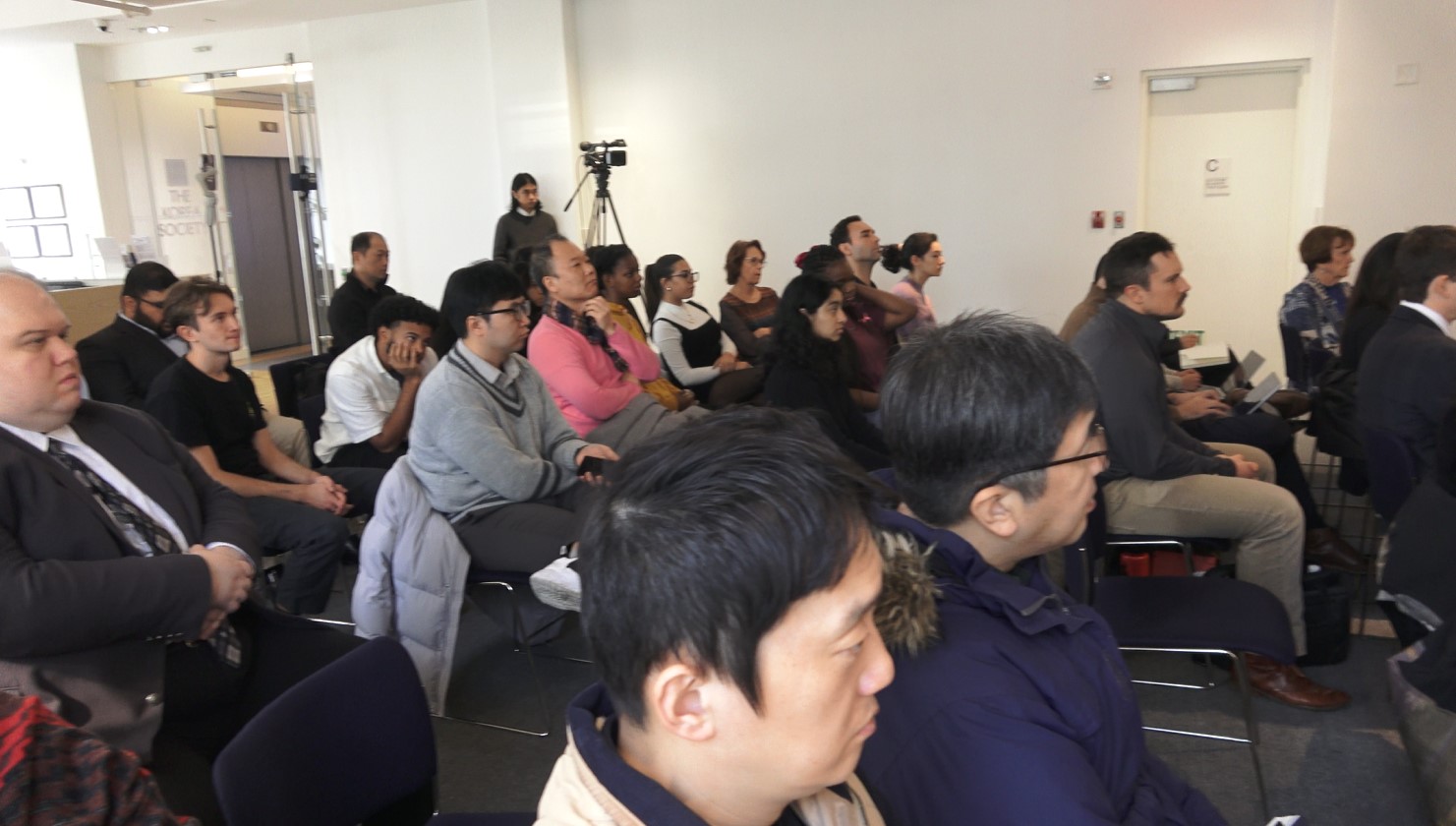
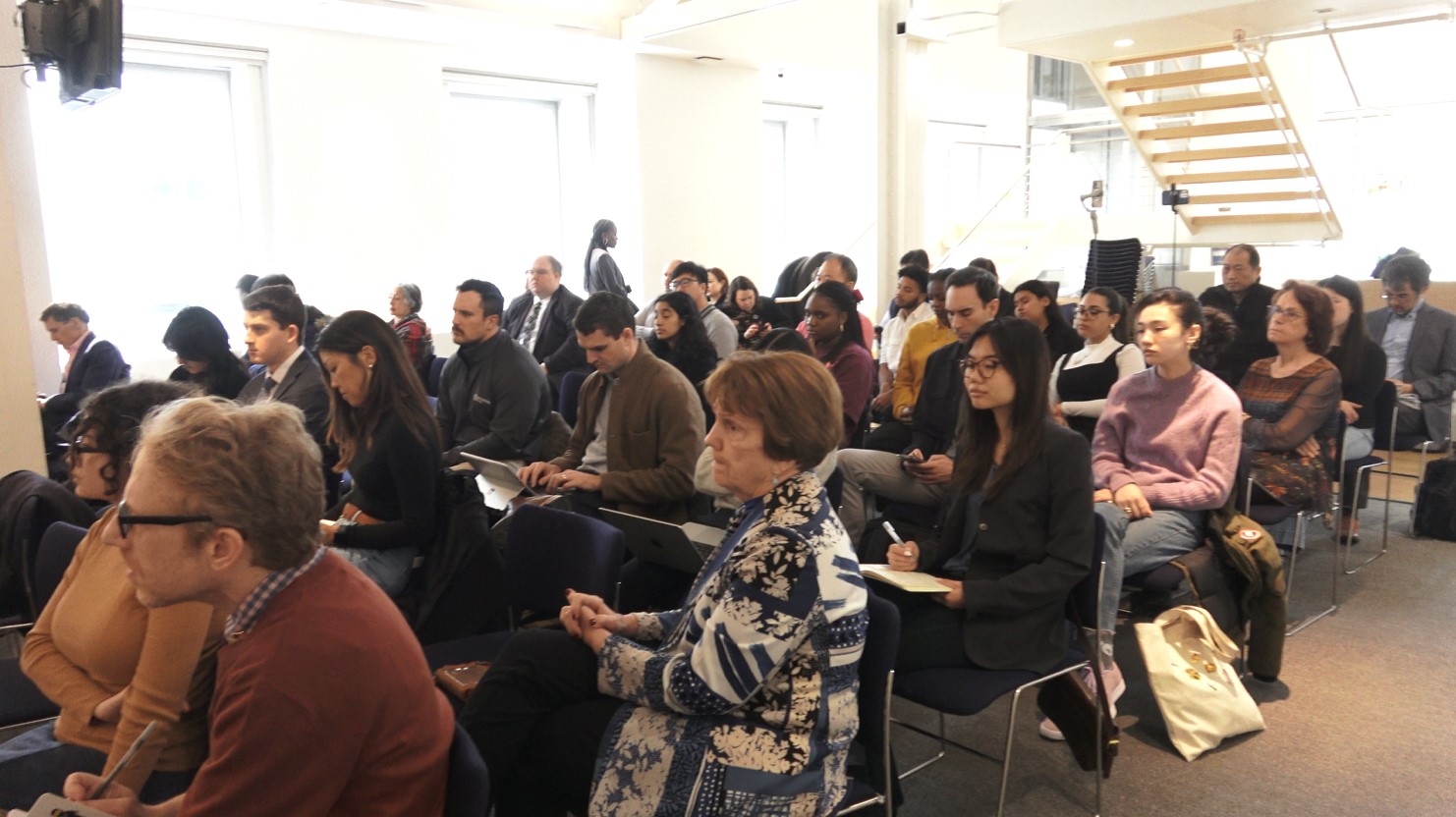
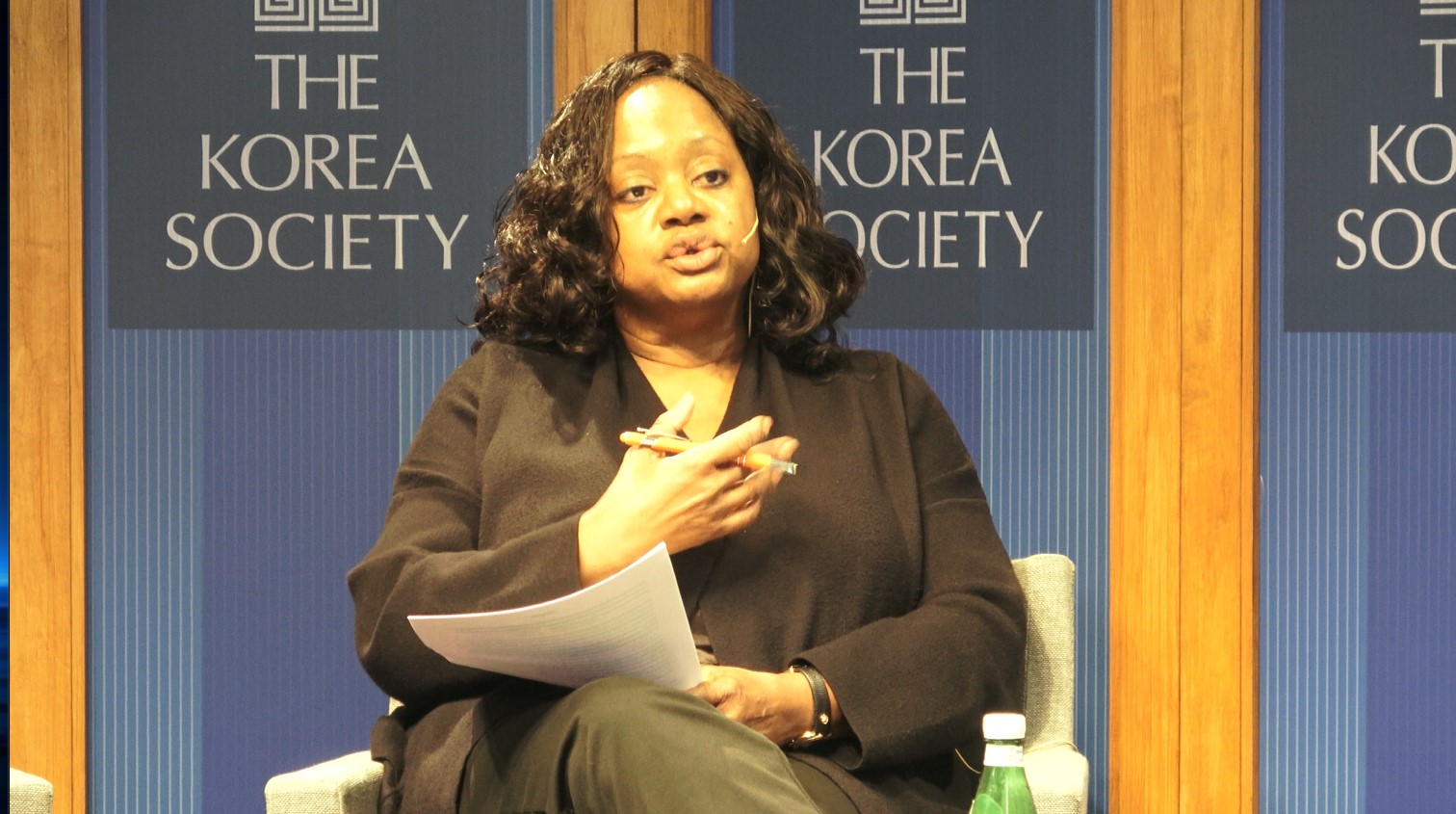
In answering audience questions, the discussants further explored the possibility of US-China military dialogue and how to better achieve the United Nations Sustainable Development Goals in responding to the North Korean challenge. These discussions reflect the international community's shared responsibility for maintaining regional peace and stability and the importance of seeking solutions through cooperation and dialogue in the face of challenges.
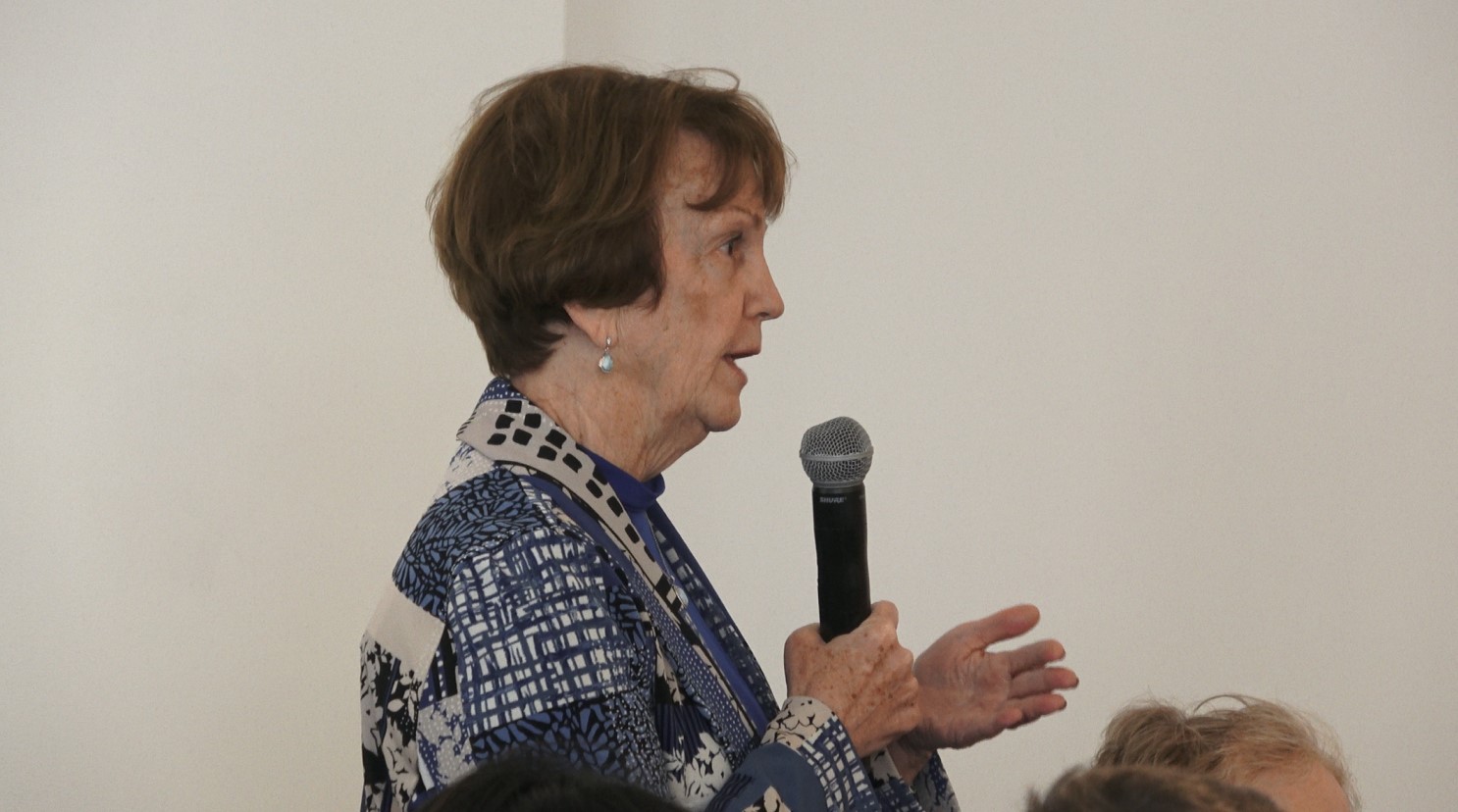
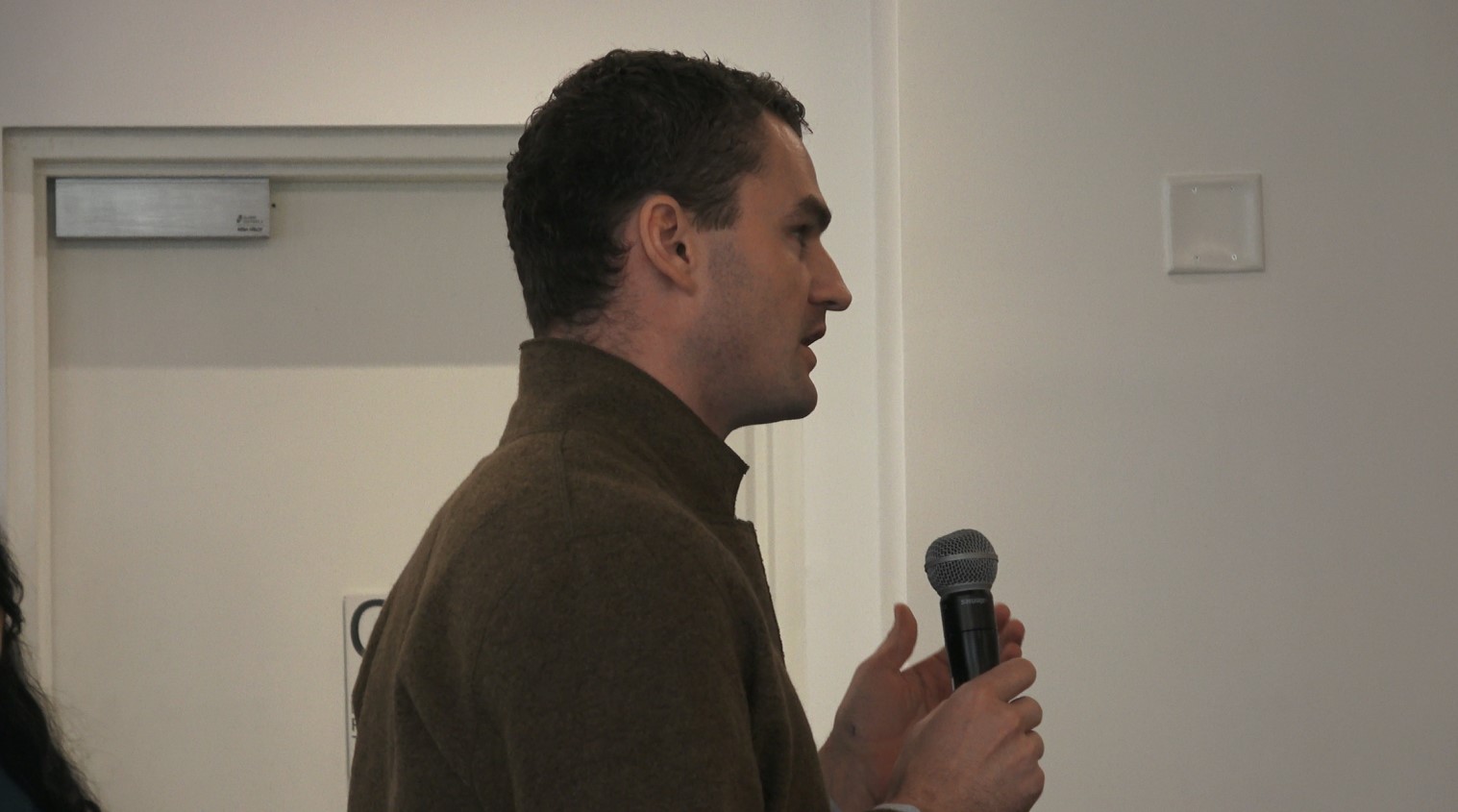
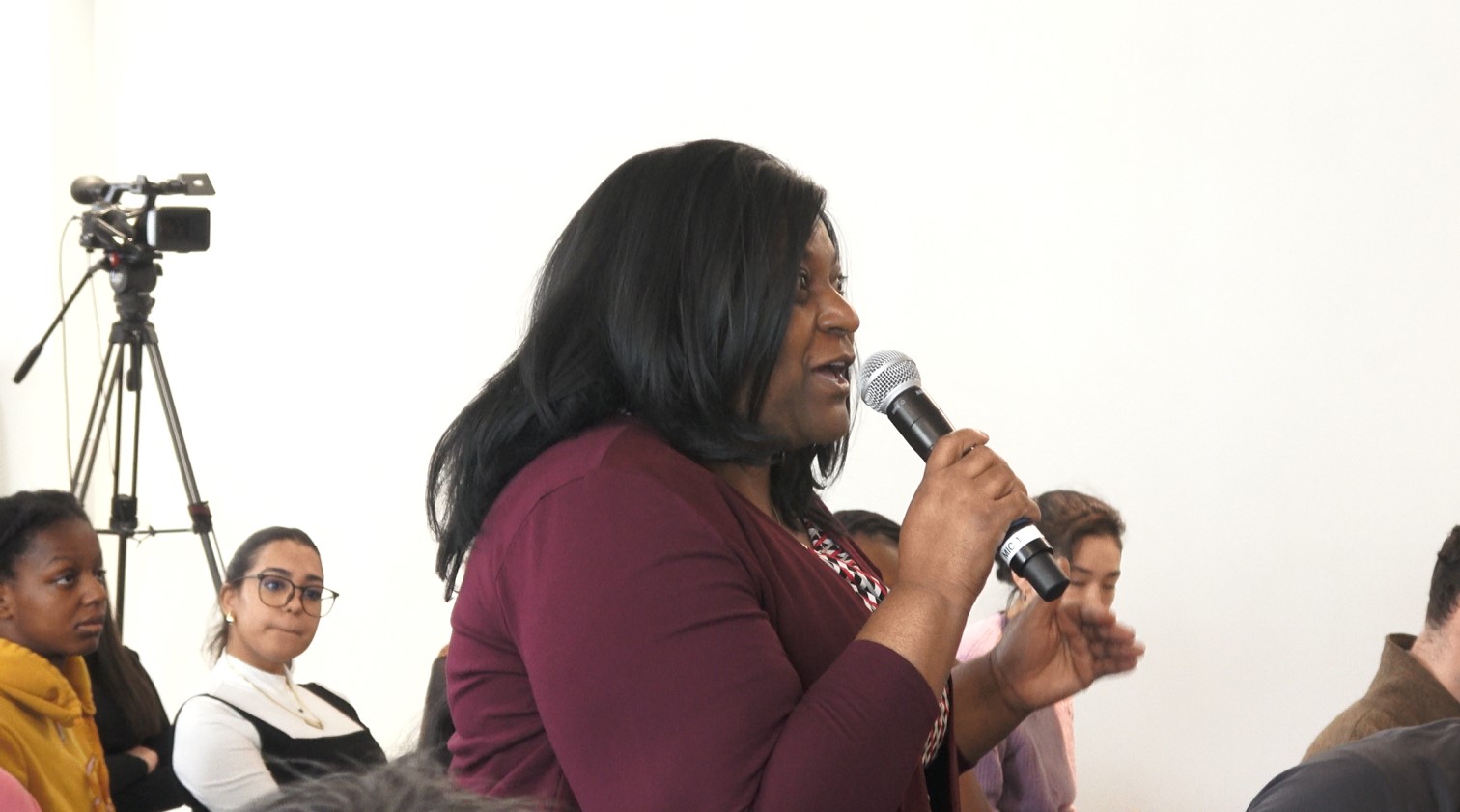
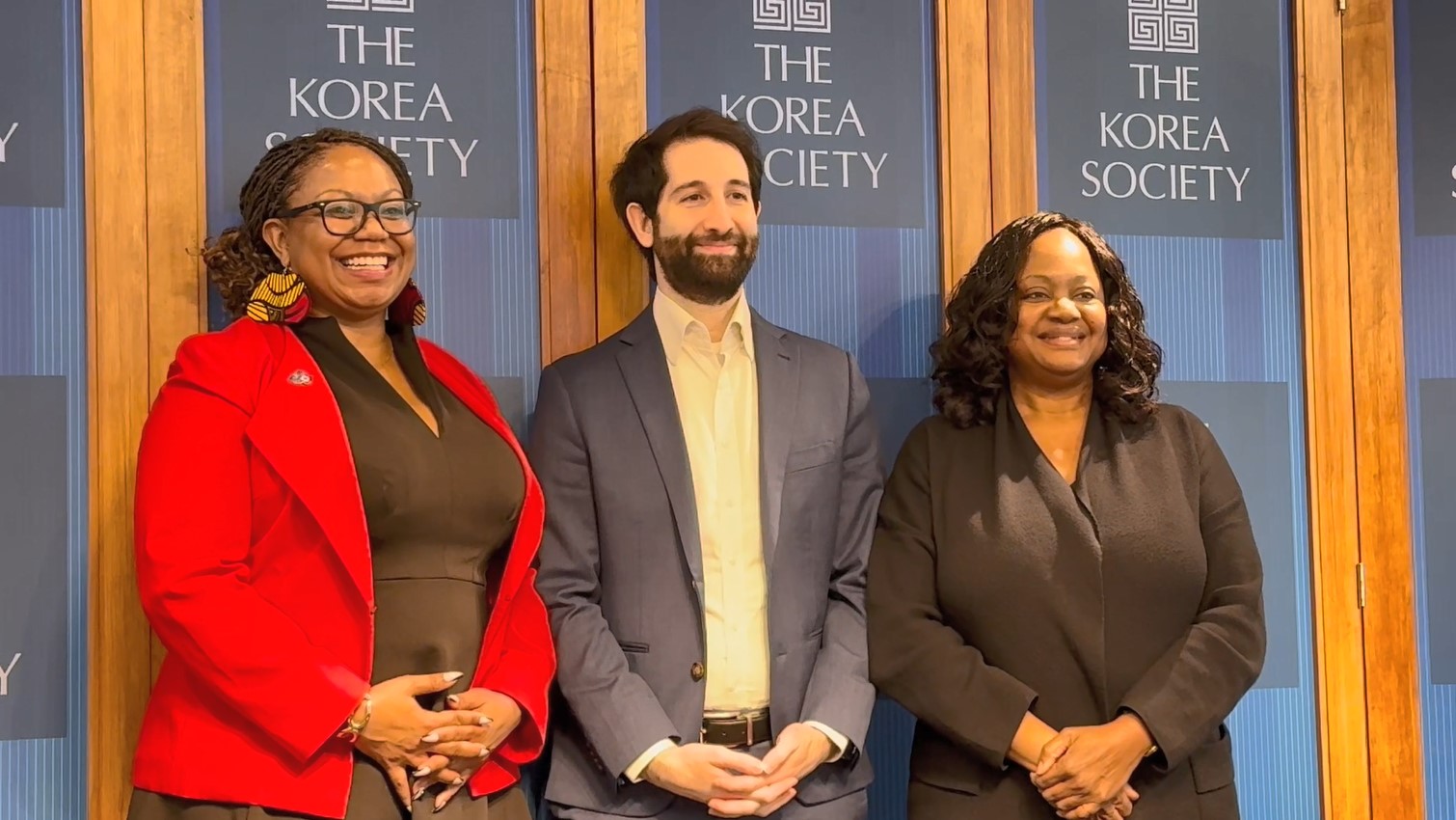
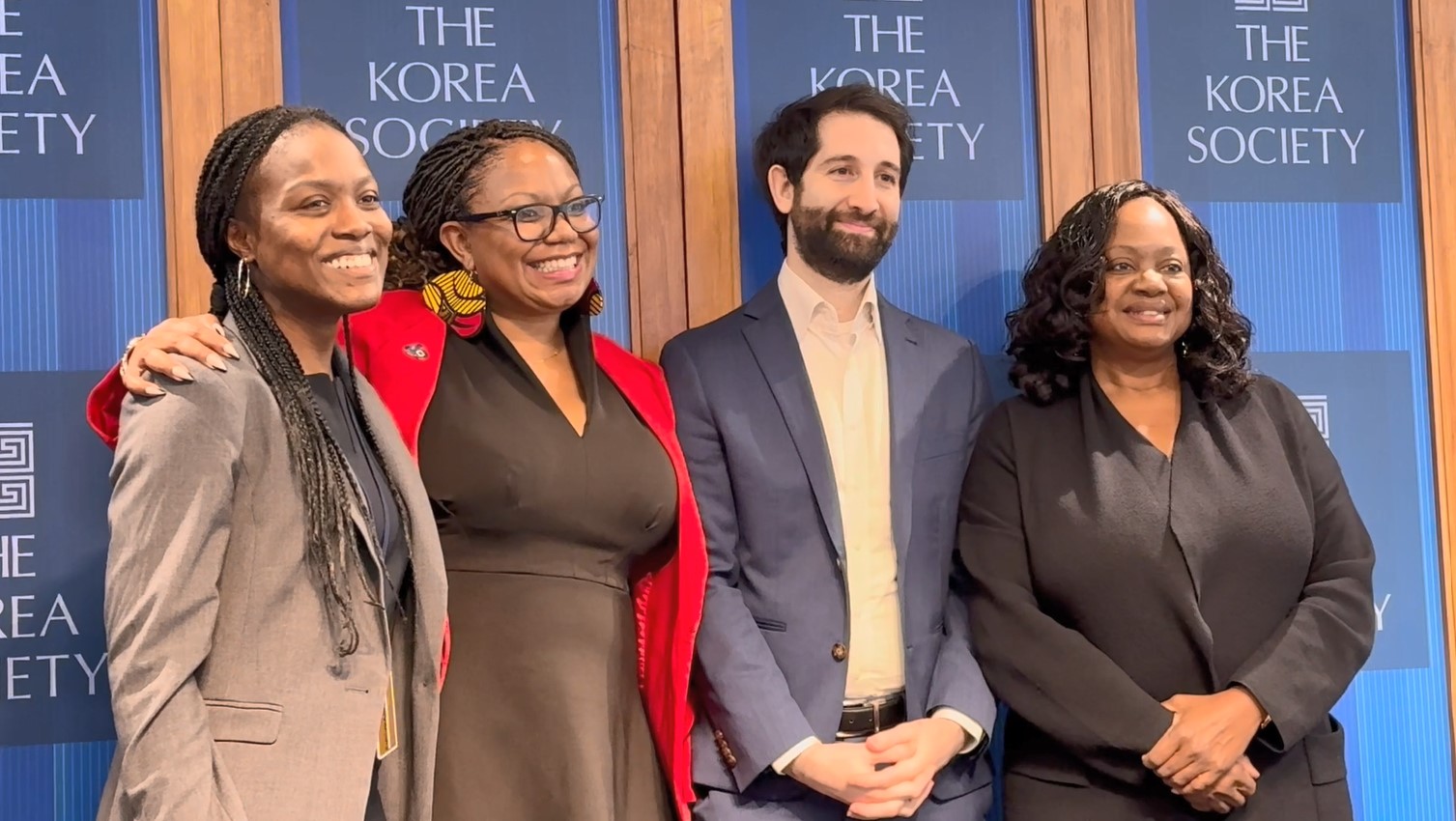
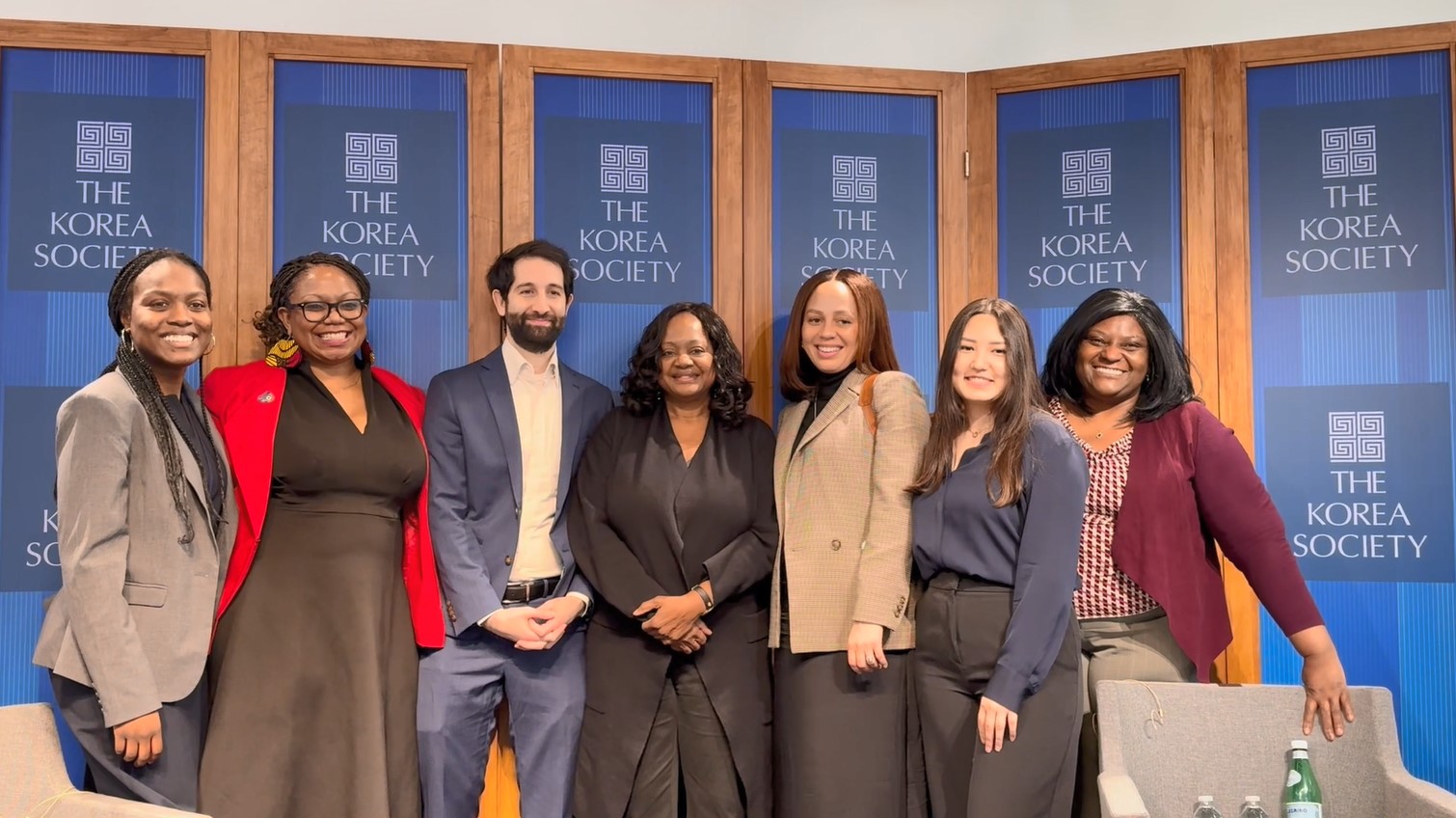
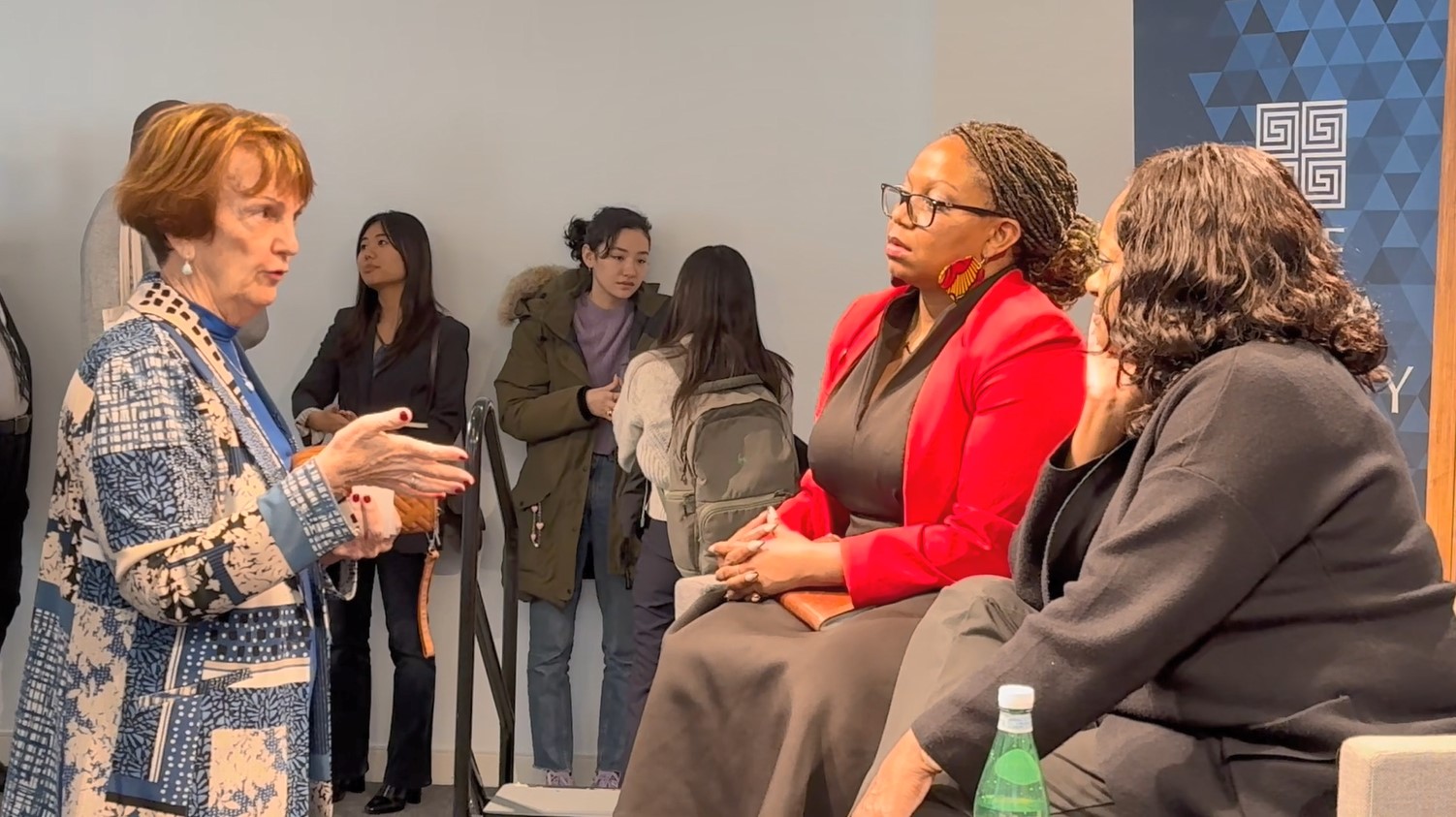
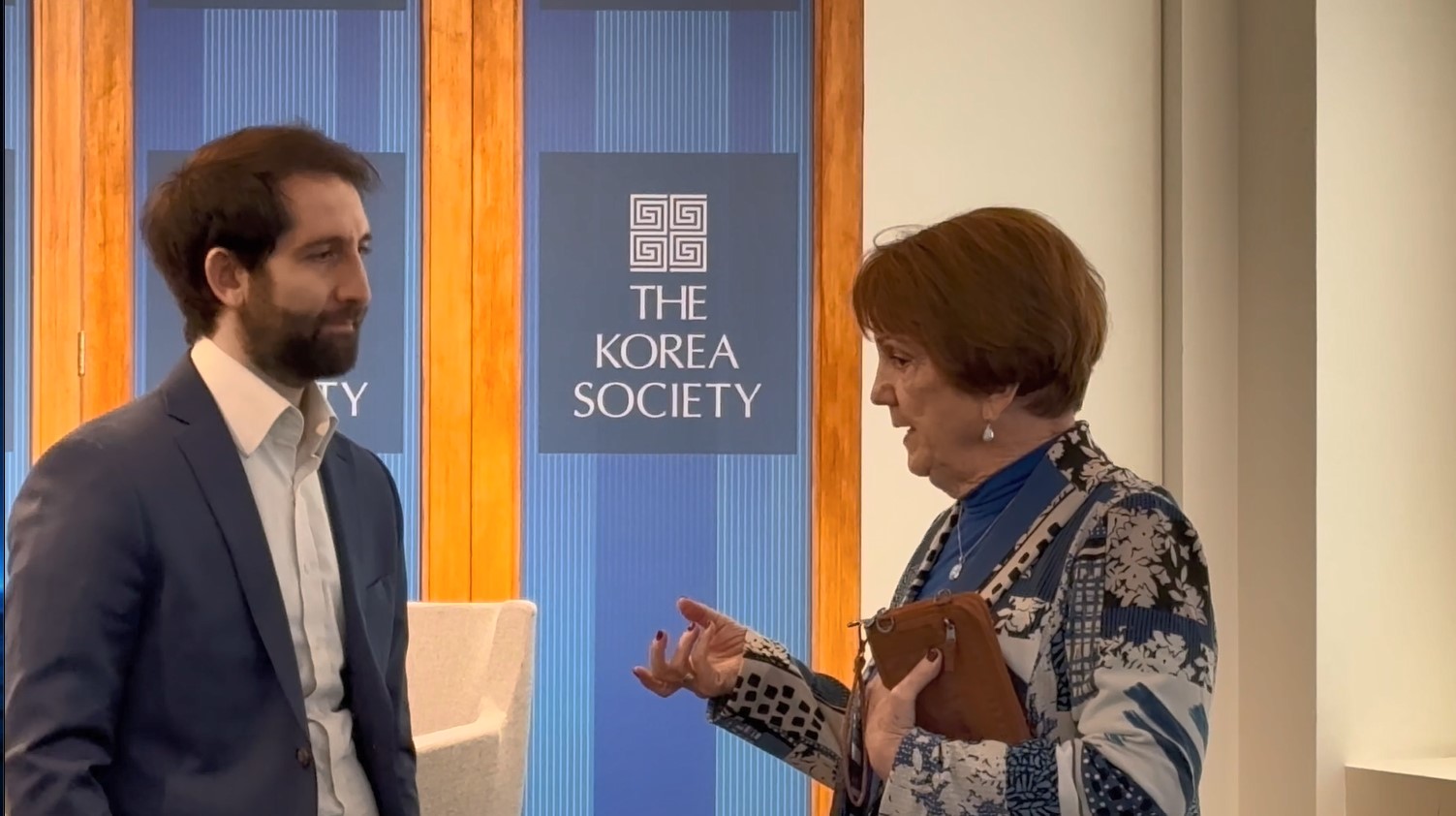
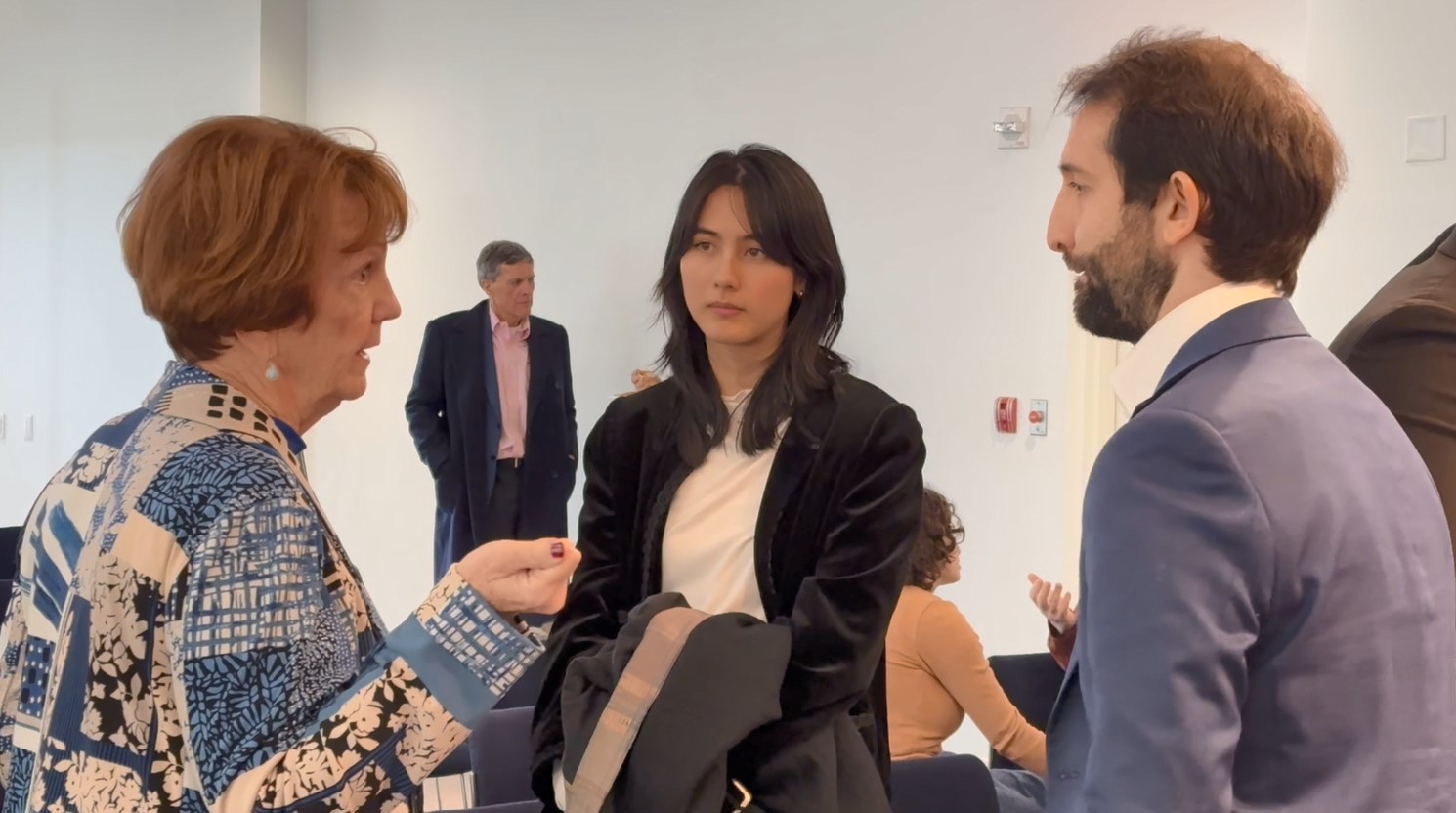
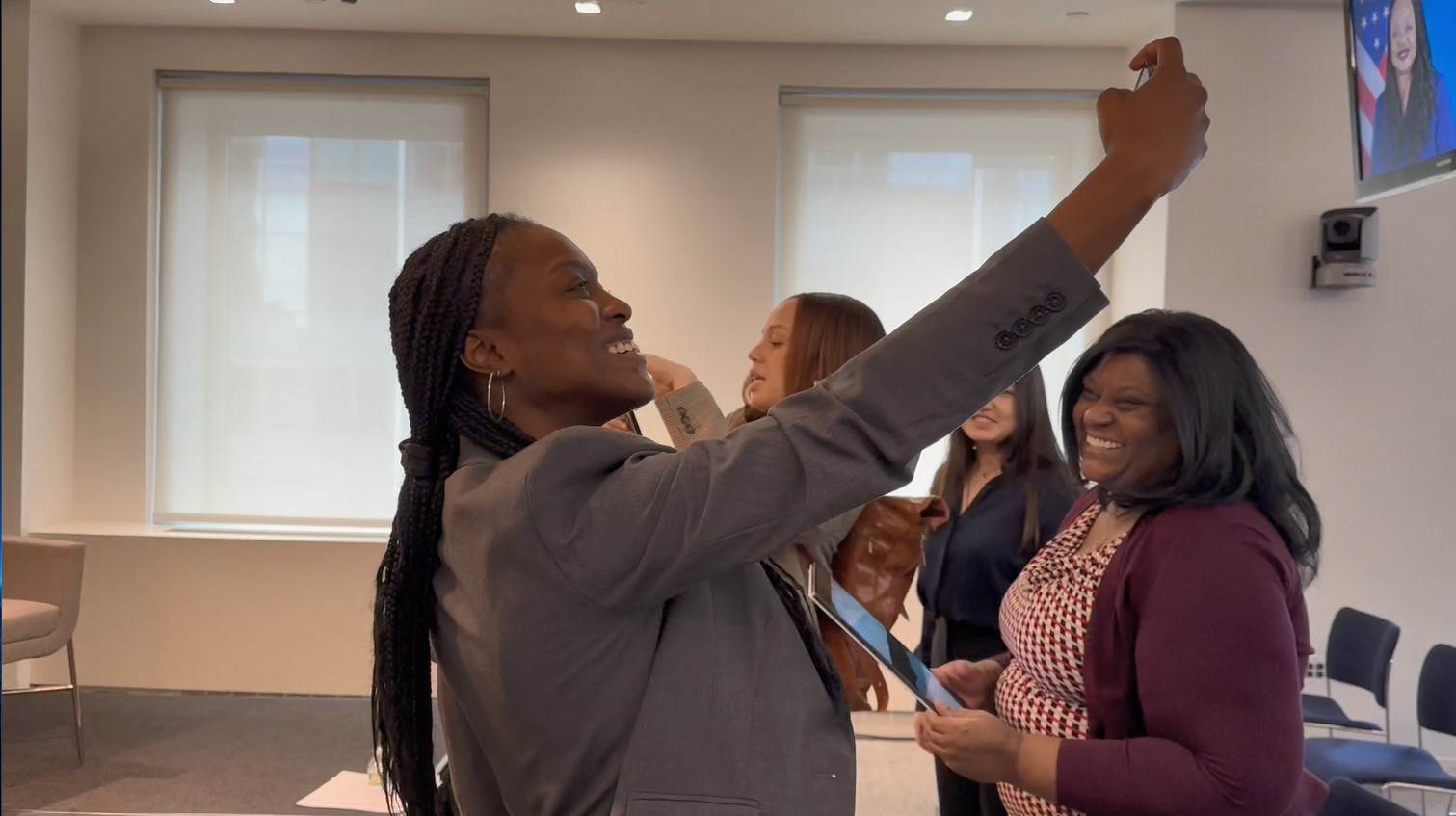
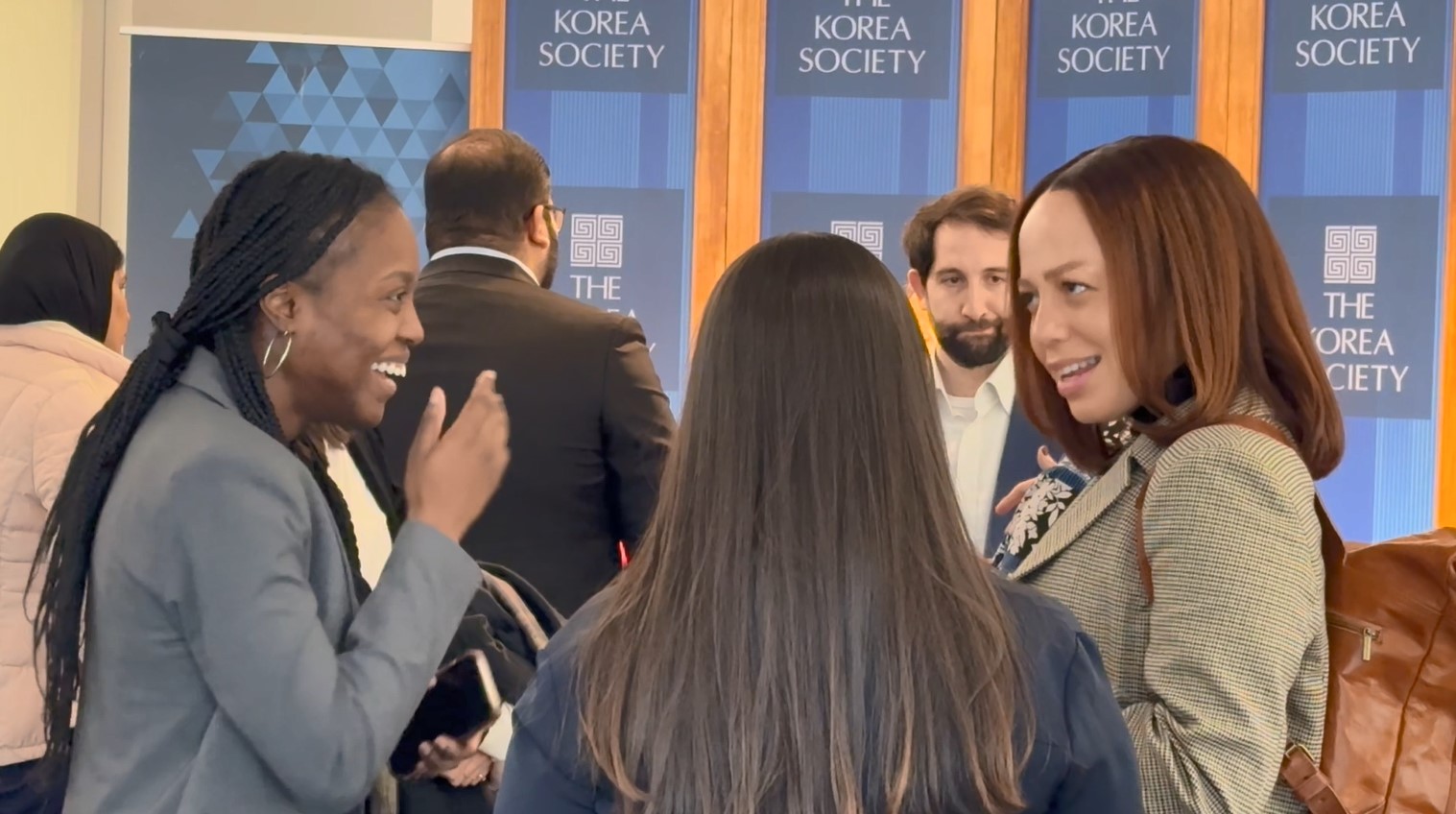
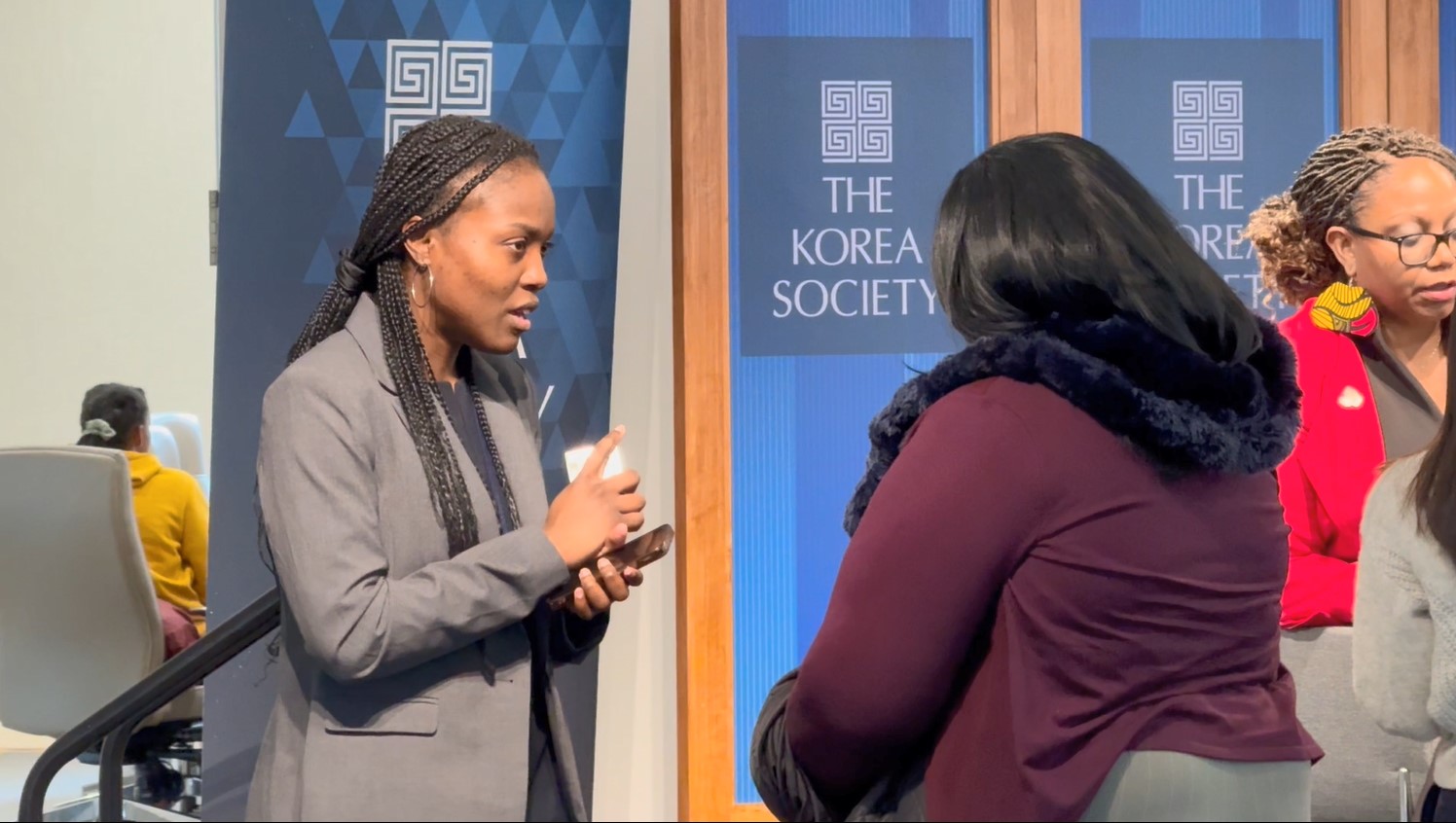
As the discussion deepened, it became evident that the US-ROK alliance faces both challenges and opportunities in responding to the growing threats from North Korea. Through strengthening internal cooperation and strategic dialogue with the outside world, the US-ROK alliance is committed to building a more secure and stable Northeast Asia.
 Celebrity Media TV
Celebrity Media TV









